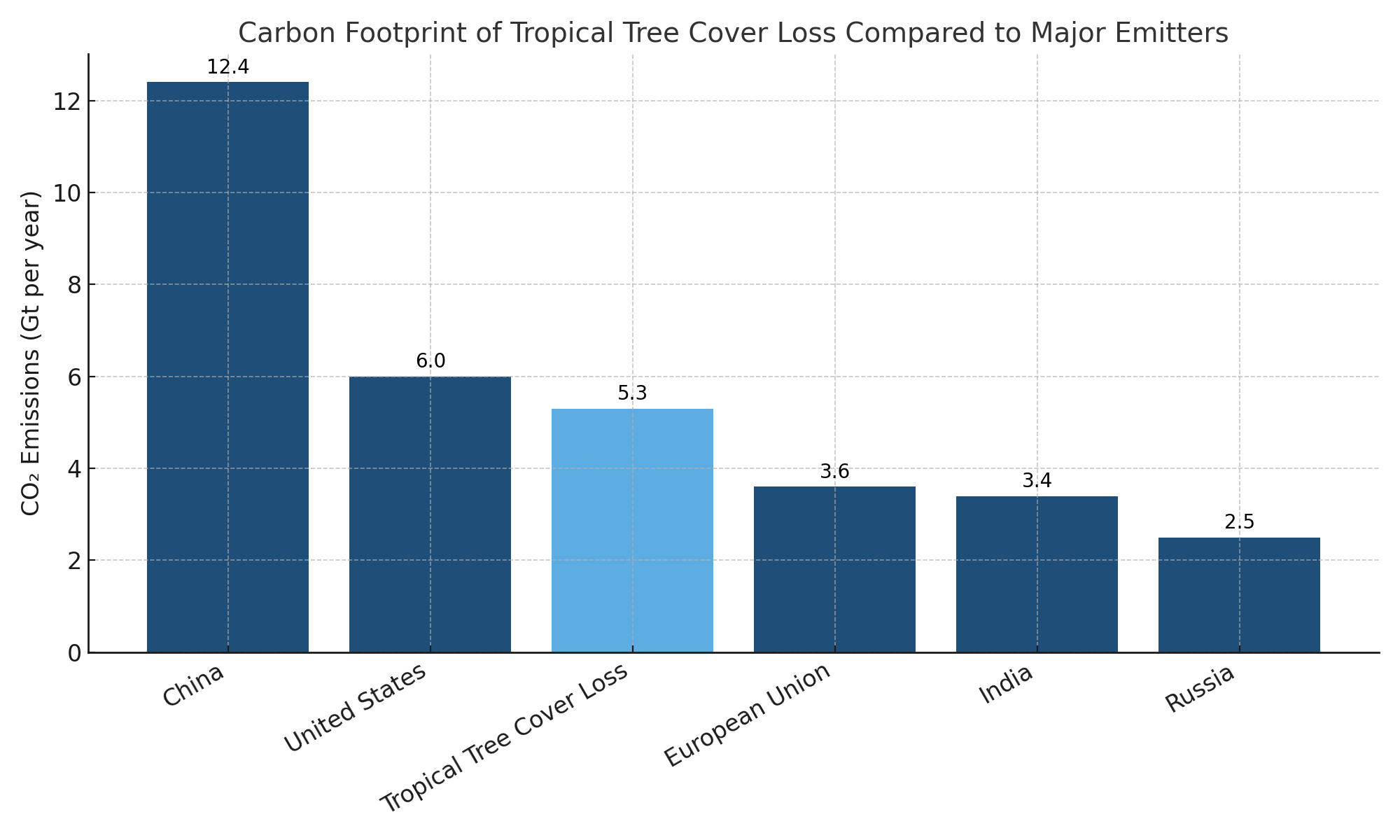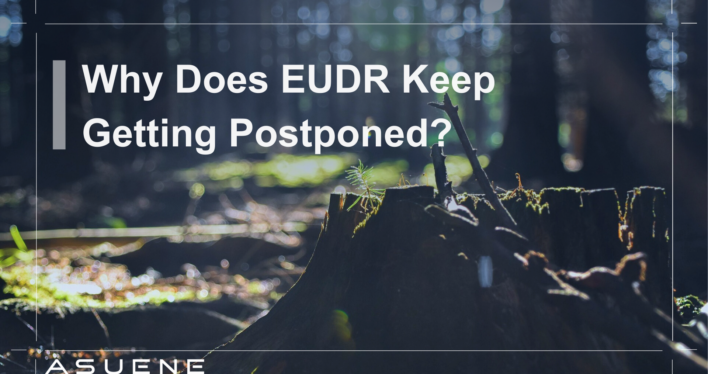- Article Summary
-
Introduction
On September 24, 2025, the European Commission announced that the enforcement of the EU Deforestation Regulation (EUDR) would be postponed once again, this time to December 2026. This marks the second major delay in rolling out the landmark law, which was originally meant to start much earlier. The repeated postponement has raised pressing concerns about the EU’s credibility, the effectiveness of its climate policies, and its reliability as a partner to both businesses and producing countries.
The EUDR is designed to prevent products linked to deforestation from entering the European market. Covering commodities such as soy, cocoa, coffee, palm oil, cattle, timber, and rubber, the regulation aims to clean up supply chains, protect biodiversity, and help the EU meet its climate commitments. Given its potential impact, the delay begs an important question: why does the EU keep pushing back enforcement of such a critical law?
Regulatory and Administrative Challenges
One of the core reasons for the delay lies in the EU’s internal readiness. Member states are struggling to set up the necessary enforcement structures, including customs systems, monitoring bodies, and traceability databases. The regulation requires that all covered goods be traceable to the precise plot of land where they were produced, which involves the integration of satellite monitoring and geolocation tools; an enormous technical and administrative challenge.
Smaller companies, especially SMEs, face disproportionate hurdles in meeting these requirements. While larger corporations can invest in digital systems, SMEs often lack the expertise or financial capacity to comply on time. This uneven readiness is contributing to the EU’s decision to delay implementation.

Industry Pushback and Market Concerns
Beyond government readiness, industry lobbying has played a central role in shaping the delay. Agribusiness groups and commodity importers have argued that the costs of compliance are too high and the deadlines too ambitious. Importers fear that rapid implementation could disrupt supply chains, especially for commodities like soy, cocoa, and coffee, which are heavily reliant on smallholder farmers in developing countries.
SMEs within the EU have also voiced concerns, claiming the requirements are disproportionate and will create an uneven playing field where only large multinationals can comply. For example, cocoa cooperatives in West Africa and palm oil smallholders in Indonesia face difficulties mapping farms and providing geolocation data. Without adequate support, these producers risk losing access to the EU market altogether.
Geopolitical Pressures
The EUDR has also sparked friction on the global stage. Producing countries like Brazil, Indonesia, and Malaysia have accused the EU of imposing “green protectionism.” These governments argue that the regulation unfairly burdens their producers and undermines their national sovereignty. There is also the looming threat of disputes at the World Trade Organization (WTO), which could further complicate the EU’s trade relations.
This geopolitical tension stands in contrast with the approaches of other jurisdictions. The UK, for example, has introduced a narrower law focused on illegal deforestation, while the United States is exploring similar due diligence requirements but with different timelines. The EU’s delays create uncertainty about its role as a global standard-setter for deforestation-free trade.
Climate Credibility at Risk
Every delay in enforcing the EUDR comes at a cost to the climate. Global deforestation is one of the largest sources of greenhouse gas emissions, and postponing regulation allows millions of tons of CO₂ to continue entering the atmosphere unchecked. By pushing the timeline back another year, the EU risks undermining its Green Deal, biodiversity strategy, and commitments under international climate agreements.
Moreover, repeated delays weaken confidence among companies that have already invested heavily in compliance systems. Early movers may feel penalized, while laggards are rewarded with more time. This dynamic damages the EU’s credibility as a global climate leader.

Conclusion
The repeated postponements of the EU Deforestation Regulation stem from a combination of administrative unreadiness, industry lobbying, and geopolitical pressures. While these challenges are real, the cost of delay is significant: ecosystems continue to be destroyed, carbon emissions mount, and the EU’s credibility as a climate leader erodes.
To move forward, the EU must invest in enforcement capacity, provide technical and financial support to SMEs, and strengthen cooperation with producing countries. Only by aligning its policies with action can the EU demonstrate genuine leadership in building deforestation-free supply chains. The time for delay is over. If Europe wants to lead, it must act decisively.
Why Work with ASUENE Inc.?
ASUENE is a key player in carbon accounting, offering a comprehensive platform that measures, reduces, and reports emissions. Asuene serves over 10,000 clients worldwide, providing an all-in-one solution that integrates GHG accounting, ESG supply chain management, a Carbon Credit exchange platform, and third-party verification.
ASUENE supports companies in achieving net-zero goals through advanced technology, consulting services, and an extensive network.


